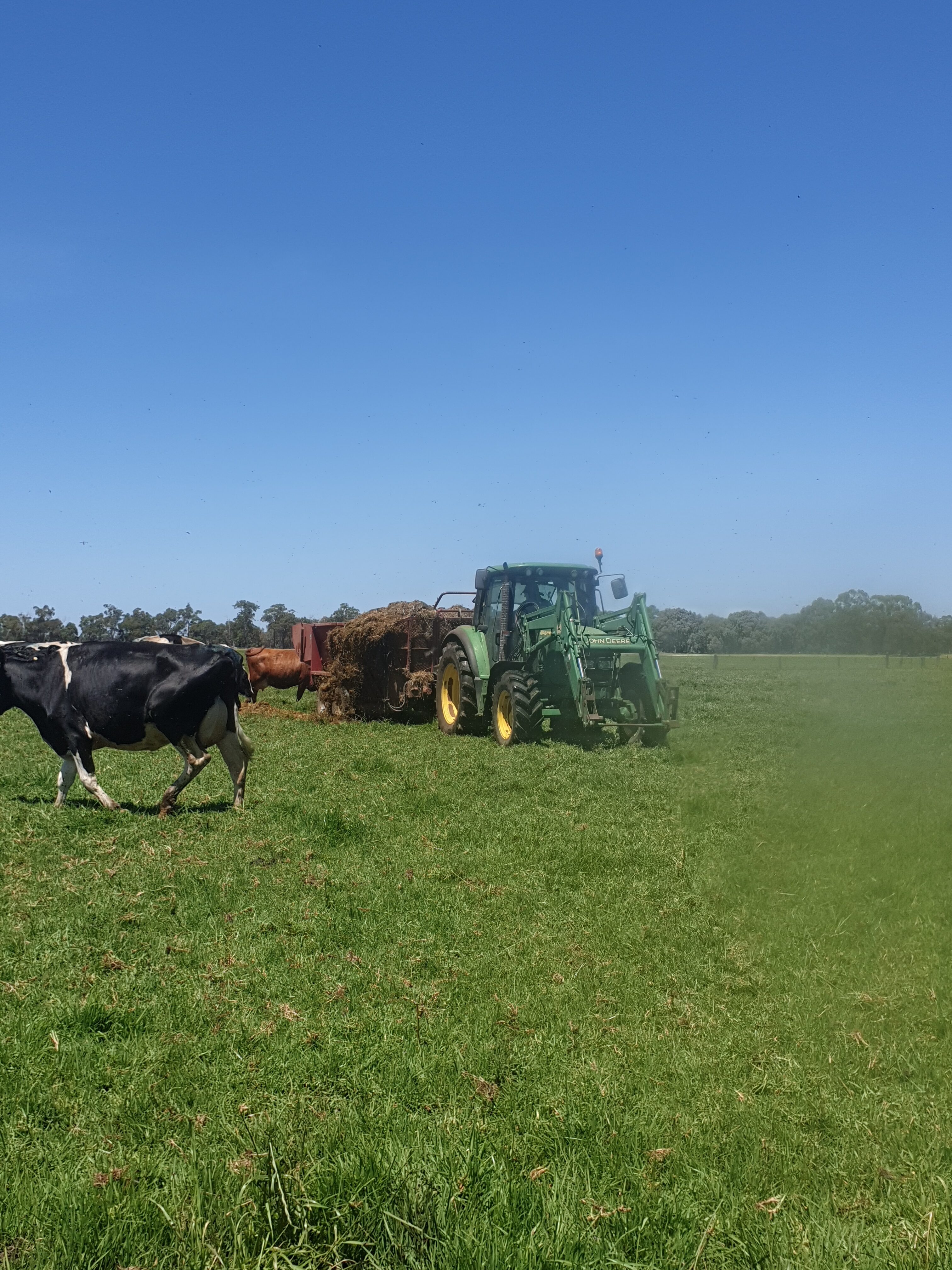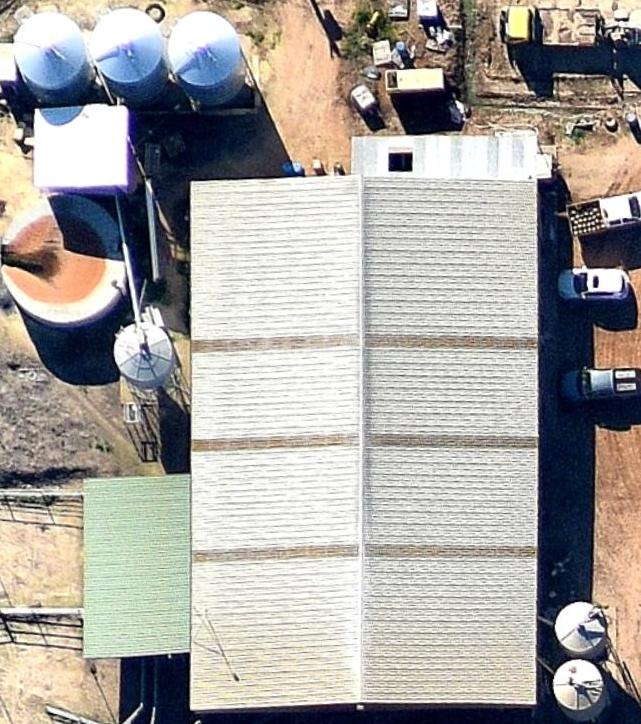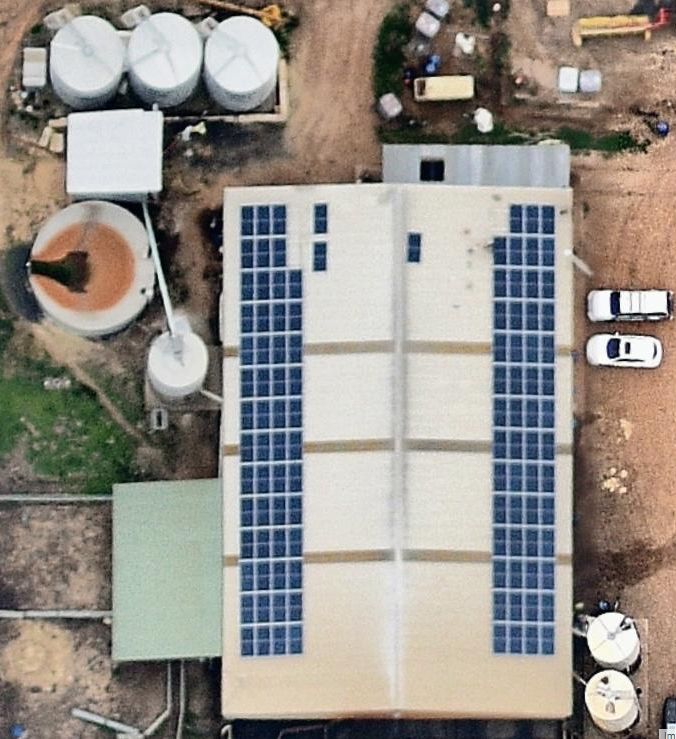Solar installation on dairy
Case Study
2019 Lion Dairy Pride Landcare Grant
| Grant Recipient: | Victor Rodwell |
| Farm/Dairy Name: | Rodwell Farms |
| State/Town: | Boyanup, Western Australia |
| Project Name: | Solar installation on dairy |
| Grant Amount: | $10,000 |
Background
Set on 400 hectares In Boyanup Western Australia, Victor Rodwell operates a dairy farm with 780 cows who produce 6 million litres of milk annually. The property is made up of dry land pastures and in summer Victor grows corn on 50 hectares with 100 hectares of pasture (Kikuyu/Rye grass) under pivot irrigation to supplement feed during leaner months.
The dairy operation uses significant energy to run the grain mill and the machinery needed to heat and cool the milk. Adding to the high energy usage is the time it’s needed falling during peak times between 10am and 4pm when electricity is at its most expensive. To work around this the machinery was put into use, where possible, early in the morning or in the evening.
Recognising this wasn’t a long-term solution, Victor decided to look at renewable energy as a way to cut his electricity bill, reduce emissions and ensure he was able to spend more time with his family.
After finding out about the Lion Dairy Pride Landcare Grants, Victor applied and was successful in obtaining $10,000 in 2019 to partially fund the cost and installation of the panels.
Project Overview, Purpose and Goals
In a region with ample sunshine, Victor said the obvious solution was to install solar panels on the dairy shed that would kick in during peak periods when the cost of electricity was at its most expensive. By switching to solar during these peak periods Victor estimated he could cut his annual electricity bill by 25 percent.
Once installed the panels would supply power to the grain mill, and dairy shed machinery. In addition, the panels would power this equipment at a more convenient time.
Victor expected the solar panels would achieve his goal of making the operation more sustainable financially and environmentally.
Project Outcomes
The project was completed in late 2019 and after a few months of operation, the panels had already cut Victor’s monthly electricity bill by $1500. In addition to the financial savings, he expects his emission reduction goals to also be on target.
The next step of the project was for Victor to tap into the unused energy from the panels captured in the middle of the day. The solution was an ice bank system that stores the energy and is used to cool the milk from the afternoon taking away the need to draw outside electricity.
“During the warmer months we are capturing a larger amount of energy but rather than invest in batteries we’re looking at other technology that will work through cooler times to maximise energy savings,” Victor said.
Conclusion
Reflecting on the project Victor said the investment was a good one, and that it had inspired him to look at other technology that will work in with the panels.
“It’s early days in the project but we are working out the best way to capture its full value by looking at technology that maximises the energy coming off the panels,” Victor said.
Victor also said: “The Lion Dairy Pride Landcare Grant gave me the opportunity to investment in the operation to fulfil my energy saving and environmental goals.”






